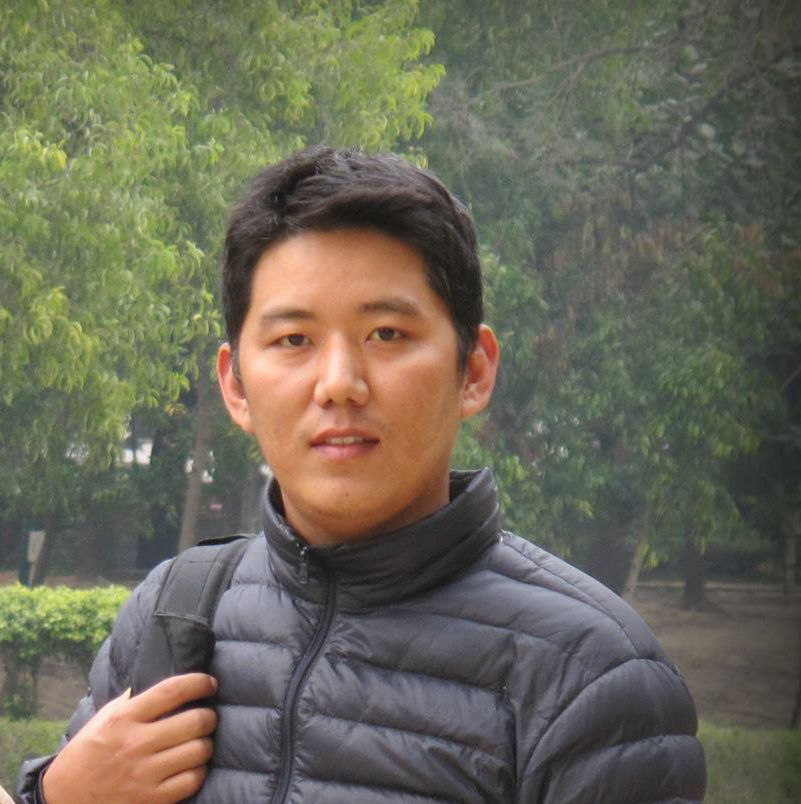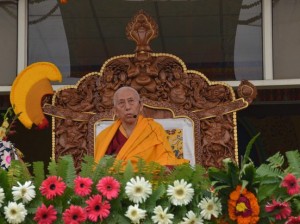As the final election date for Sikyong (Political Leader)and Chithues (members of Tibetan parliament) ofthe Central Tibetan Administration is drawing near, it is heartening to see plenty of discourses happening in theTibetan community about the upcoming election. While there is a lot of work to be done in terms of educating the general public on ethical campaigning in a democratic election, the active participation of people in the election discourse is good for the progress of nascent Tibetan democracy.
The extensive use of social media sites/apps like Facebook, Wechat and Youtube for campaigning and discussing about the election is unprecedented, and this can be described as one of the highlights of Election-2016. However, on taking a closer look, one could see that discourses surrounding the upcoming election are dominated by the Sikyong election. For instance, the Pages and Groups created in Facebook to promote the two Sikyong candidates Penpa Tsering and Sikyong Lobsang Sangay have a large number of followers and are far more active than those created to discuss the Chithue election and its candidates (like Chithue Sarpa Lengsa). Likewise, many election enthusiasts have written opinion pieces related to the upcoming election in recent times and have posted them in prominent Tibetan websites like www.phayul.com and www.tibettimes.net; however none of the articles discuss the significance of Chithue election and its candidates.
Why don’t we give Chithue election due attention and importance? Could it be because people do not understand the significance of the role of our Chithues? Or, are they simply overwhelmed by the sheer number of Chithue candidates that they don’t care to study whom to vote for? Whatever may be the reason, this lopsided attention towards Sikyong election is a worrying trend that needs to be addressed.
Tibetan Parliament is the highest legislative body of the Central Tibetan Administration and some of its key responsibilities include electing the members of Kashag (Cabinet), examining the decisions of Kashag and its administration, enacting laws, framing rules and regulations and policy decisions. It also has the responsibility of assessing the overall conditions of exile community and bringing to the notice of the administration grievances of its people. In many ways, the parliament plays the crucial role of opposition party in our form of democracy.
Therefore, given the significance of the role of Chithues in the proper functioning of the Central Tibetan Administration, it is the responsibility of people to vote for the most deserving Chithue candidates.This can be done only if the voters spare some time to study the final candidates from their respective regions/sects. Many of the Chithue candidates are active on social media like Facebook and Wechat, and unlike the two Sikyong candidates who have many surrogates campaigning for them, most of the Chithue candidates personally maintain their campaigns in social media. In other words, they are more easily accessible if people want to know them better. Traditional media in the Tibetan community should also shoulder more responsibility in spreading awareness among the public about the importance of Chithue election by organising debates amongst Chithue candidates, inviting Chithue candidates to TV programs for interviews and panel discussions, and writing more about the Chithue election. After all, it is not just Sikyong Election-2016; it is Sikyong and Chithue Election-2016.
The views expressed above are the opinion of the author and do not represent the policy or views of Contact magazine or Lha Charitable Trust.
For more about the election click here





 Print
Print Email
Email